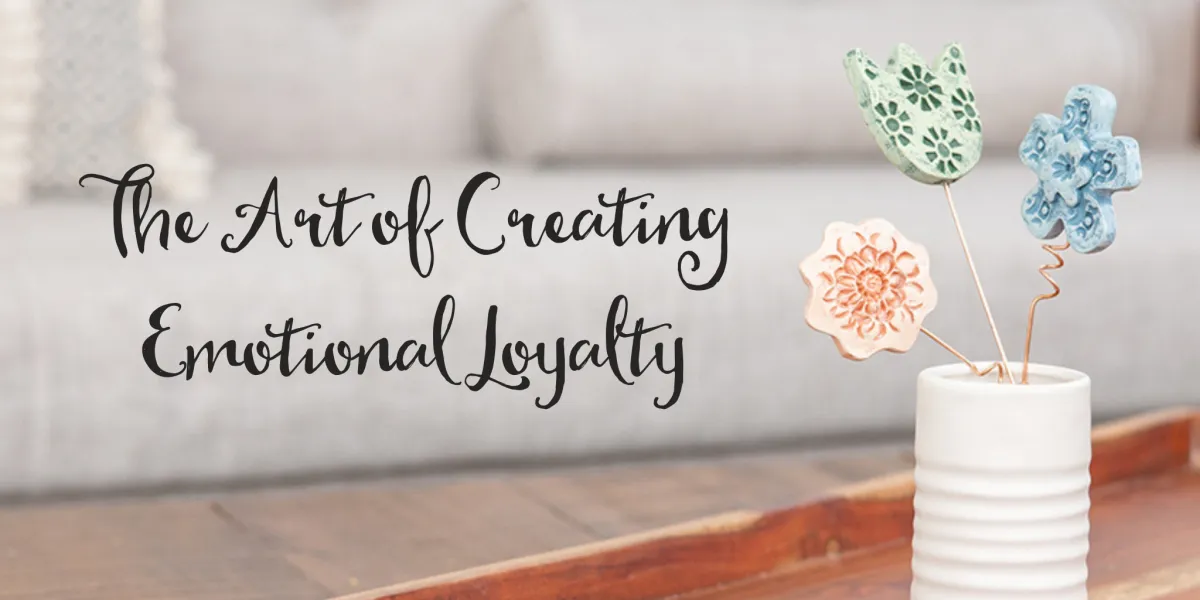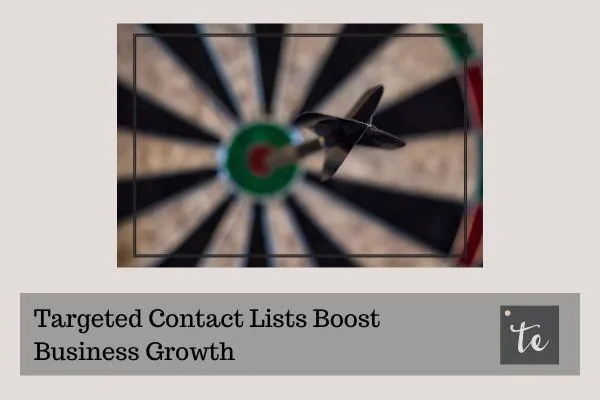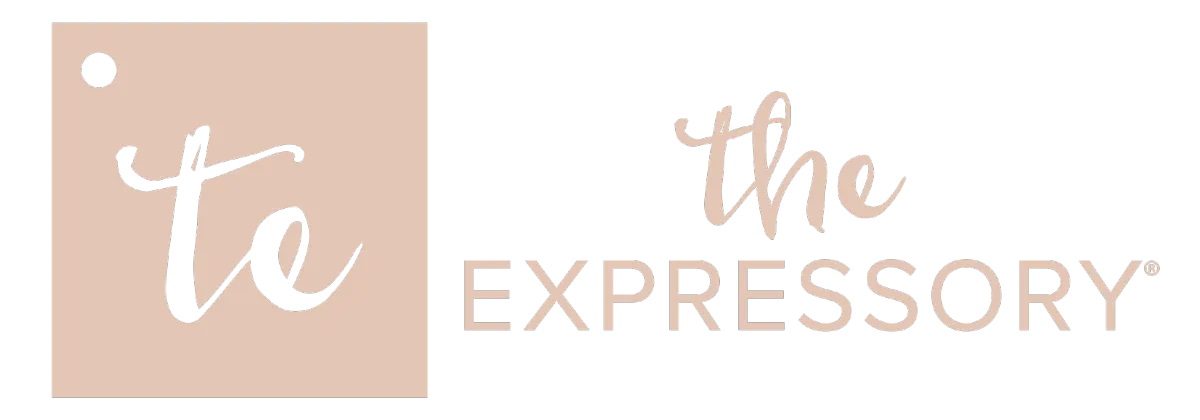
What Swimming Teaches Us About Team Relationships
In my latest video, I break down how swimming teaches us the importance of these relationship-building efforts and the specifics of what we as leaders need to nurture with our teams.
Holiday Gift Insights - What Everyone Else Is Doing
In an effort to simplify the decision-making process, we're sharing some of the trends we've seen with gifting over the years. We're even sharing our best seller and why that gift had such success.
What Makes A Successful Holiday Gift? The Travel Bag Edition
Last year we had the opportunity to work with one of our clients in the travel and tourism space to design an experience that delivered their highest engagement yet.

Targeted Contact Lists Boost Business Growth
There’s a quiet truth in business that many leaders overlook. It isn’t flashy, and it won’t deliver instant results like an aggressive ad campaign might. But it’s the foundation that determines whether a business thrives for decades or fizzles out after a few lucky years.
That truth? The strength of your relationships determines the strength of your business.
If you’ve ever lost a deal to a competitor who wasn’t as qualified or noticed that once-loyal clients seem to be drifting away without a clear reason, then you’ve likely felt the consequences of a relationship strategy that’s gone untended.
This isn’t about networking. It’s not about collecting business cards at events or connecting with thousands of people on LinkedIn. This is about building a well-defined contact list and using it strategically—not just as an organizational tool, but as a business growth engine that drives retention, referrals, and long-term success.
Are You Ignoring Your Most Valuable Business Asset?
Most businesses have a contact list of some kind. Whether it’s a CRM or just a collection of client names in an old spreadsheet, they have the beginnings of what could be a powerful relationship-building tool. But having a list isn’t the same as using it strategically.
Consider this:
🔹 72% of people say feeling connected to a business influences their decision to work with them.
🔹 70% say that when a business shows care, it strengthens their loyalty.
These numbers tell a fantastic story - relationships drive business growth. Yet many companies underestimate just how powerful a well-maintained, actively nurtured contact list can be.
It’s not just about keeping track of names; it’s about cultivating meaningful, ongoing engagement so that when your clients or prospects are ready to make a decision, they think of you first. Businesses that consistently connect, support, and engage with their network build stronger loyalty, increase referrals, and close deals faster.
If your contact list isn’t actively contributing to business growth, it may be time to rethink how you’re using it. Instead of simply storing names, how can you turn it into a dynamic tool for engagement and opportunity?
Your Contact List Is More Than a List of Names
Think of your contact list like a garden. If you neglect it, weeds take over. Relationships that once had potential start to wither, and new opportunities never get the chance to grow.
The mistake many businesses make is treating their contact list like a static database instead of what it truly is: a dynamic, evolving network of relationships that need nurturing.
If you’re only reaching out when you need something, a sale, a referral, a contract renewal, you’re treating your contacts like transactions, not relationships. And that’s a surefire way to end up with a database full of cold leads and former clients who never return.
So, how do you transform your contact list into a powerful tool for growth? It starts with being intentional about who is on your list, how you engage with them, and what they need from you.
How to Make Your List Work for You
1. Define Your Relationship Categories
Your contact list is a network of relationships that require different levels of attention and engagement. Without clear categories, it’s easy for key connections to slip through the cracks, while others receive too much (or not enough) interaction.
Consider breaking your list into relationship categories that help guide your engagement strategy:
Prospects: These are potential clients who have shown interest but haven’t yet made a decision. They could also be a list of your dream prospects who are high value targets you’d like to work with. They need thoughtful, value-driven outreach that builds trust over time.
Current Clients: These are the people you’re actively working with. Beyond just delivering a great service, they need ongoing engagement and relationship-building to reinforce why they chose you, and why they love working with you enough to have strong emotional loyalty.
Past Clients: Just because the work is complete doesn’t mean the relationship is over. Past clients can become repeat customers, long-term advocates, or referral sources, but only if you continue nurturing the connection.
Strategic Partners: These are people and businesses that serve the same audience you do, making them valuable partners for mutual support, collaboration, and referrals.
Advocates & Influencers: These are the people who actively promote and recommend your business because they love what you do. Keeping them engaged strengthens their enthusiasm and willingness to refer you to others.
By defining these categories, you can ensure that your engagement efforts are intentional and strategic, rather than reactive or random. The goal isn’t just to communicate with people when you need something, but to consistently show up in ways that strengthen relationships over time.
2. Create a Meaningful Engagement Strategy
A well-managed contact list isn’t just about organization—it’s about opportunity. The more you intentionally engage with the people in your network, the more trust you build. And trust leads to faster conversions, stronger retention, and more referrals.
Some ways to keep engagement consistent:
Send personalized messages that reference past conversations.
Share valuable insights tailored to their business challenges.
Send resources like research or workbooks that support the challenges you know they’re working on.
Celebrate their wins—whether that’s a business milestone or a birthday.
Send something unexpected—a handwritten note, a thoughtful gift, or a simple recommendation that could help them.
What you don’t want to do? Send the same “just checking in” email to every contact, every few months. That’s not relationship-building. That’s spam.
3. Be Intentional About Keeping Relationships Warm
Imagine this: You meet a potential client at a conference. You have a great conversation, exchange emails, and they show real interest. You send them a follow-up email, and then, life happens.
Months go by, and you realize you haven’t followed up. But now, the moment has passed. They’ve forgotten your conversation.
If you don’t have a plan for the touchpoints you’re going to use to keep relationships warm, you’re constantly starting from scratch. A strong contact list isn’t about volume, it’s about consistency. And it’s not about how much you spend, it’s about thoughtful you are in how you engage.
Whether it’s setting up calendar reminders, using a CRM, or developing a simple spreadsheet to help you manage your plan, the goal is to ensure no valuable connection fades away.
Reflect: 5 Key Questions for Leaders
If your contact list isn’t actively helping your business grow, it’s time to rethink your approach. Ask yourself:
1️ Am I prioritizing transactions over relationships?
If the only time you reach out to people is when you need something, you’re losing trust instead of building it.
2️ Do I have a system for engaging with my most valuable contacts?
Your best clients, referral partners, and advocates deserve more than occasional outreach.
3️ How well do I understand the people in my network?
Are you keeping track of what matters to them—beyond just business?
4️ Am I consistently showing up in ways that add value?
Are you sharing insights, celebrating milestones, and offering help—not just selling?
5️ Do I have a plan for maintaining connection over time?
If you’re leaving follow-ups to memory, you’re losing business opportunities.
A strategically managed contact list isn’t just about staying organized. It’s about creating a business culture rooted in trust, engagement, and connection.
Your competitors are fighting for attention with aggressive marketing and sales tactics. But people don’t do business with logos. They do business with people. And the businesses that master relationship-building will always have the advantage.
Now’s the time to stop neglecting your contact list and start using it as the powerful business asset it’s meant to be.
If you’re ready to turn your network into real growth, let’s talk. Join us at an upcoming Q&A or schedule a call to create a relationship strategy that works.
Address:
1500 S. Sylvania Ave #106
Sturtevant WI 53177
Phone:
414.243.8971

